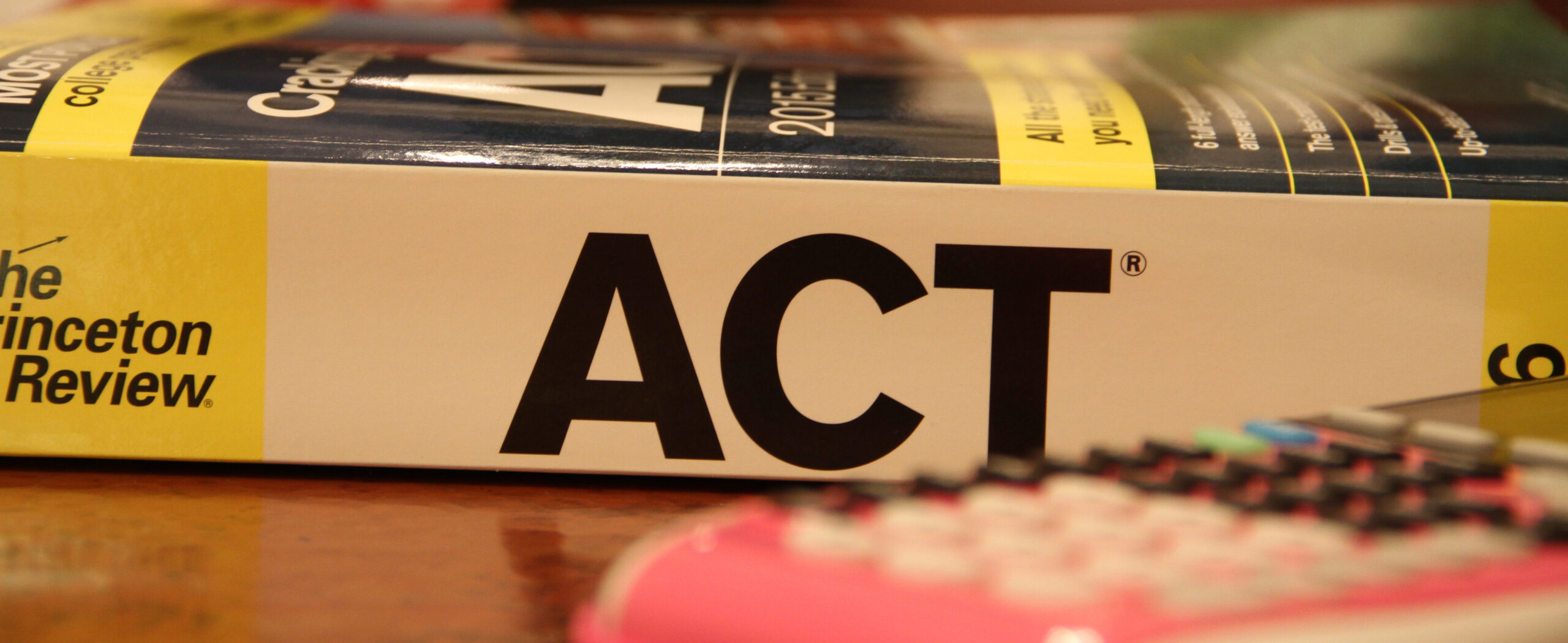As high school students across America wait impatiently for their ACT and SAT test results, they know in the back of their mind that retaking the test is always an option.
They are told test scores are an important factor in a colleges’ acceptance decisions but are not the only factor. For the average American teenager, a test score does not define their life.
This, however, is not the reality for all students across the world. Many Chinese students spend years dedicated studying for the gaokao test, the sole factor in their acceptance into college.
As early as kindergarten, and some even argue as early as birth, children memorize facts for the test. It cannot be retaken. They have one shot at their college career.
Because of the incredible pressure, schools are created only for studying for the gaokao and the schools are packed full. These “cram schools,”as they are called, have thousands of students attending at a time. Matotanchang is one of the largest with about 20,000 students.
Practice tests, studying and memorization consume the students’ days.
“If you connected all of the practice tests I’ve taken over the past three years,” Yang Wei, a 12th grader at Matotanchang, told the New York Times, “they would wrap all the way around the world.”
Sunday mornings are the only free-time and the time when families can visit their sons and daughters at school. The rest of the week is intense classroom work and learning.
Although ACT tests are important to many American teenagers and their families, private institutions are not set up nor are children directly preparing for this test at the age of five.
Last year, 76 percent of Minnesota’s graduating seniors took the ACT test. The average composite score was 23.0 out of 36.0. In fact, for the past nine years Minnesota has led the nation’s ACT scores. Throughout the nation the average score was about 21.0.
In Minnehaha Academy’s graduating class of 2014, every single student took the ACT exam. The average score was 26.5 and has been on the rise in the last few years.
“I have students that never study, never opened a book,” said college and guidance counselor Dr. Bae, “and for those students it can be a very scary process.”
Fear and avoidance are the reasons she believes some students do not study. But on the opposite side of the spectrum, some students go through multiple test preparation books and classes in order to feel satisfied.
“I think [the amount of studying] really depends on the student,” Bae concluded.
Junior Alex Wilson has taken her studying seriously. She is taking ACT and SAT prep classes and having a tutor specifically for writing the essay, since it is a different format than she is used to.
“If possible, I only want to take each test once,” said Wilson.
After working in college admissions for years, college and guidance counselor Ann Buesgens has dealt with many ACT scores.
With the exception of highly selective schools, such as Harvard University or Stanford University, the GPA and rigor of high school courses are valued above ACT or SAT scores she said.
“It’s a one time test, it’s a snapshot done in four hours on a Saturday morning and it doesn’t give all the insight into a student’s capabilities,” said Buesgens. However, she still believes they are important.
“Not unsurprisingly and confirming a long line of literature, we find a strong correlation between higher ACT composite scores and positive college outcomes. However, this overall correlation masks an important pattern: mathematics and English scores are much more tightly correlated with college success than are Reading and Science scores,” according to a study by the National Bureau of Economic Research in 2011.
“In fact, after controlling for Mathematics and English scores, Reading and Science provide essentially no predictive power regarding college outcomes,” said the study.
Stronger correlations were also found between mathematics and english scores and both high school and college GPAs.
According to the study, a student who scores lower on Mathematics and English than on Reading and Science is 59 percent more likely to drop out of college freshman year and 43 percent more likely to drop out of college junior year.
While this study believes there is some value to the tests, others believe ACT tests do not show any clear insight into the knowledge or intelligence of a student.
“[ACT tests] are inaccurate, biased, highly susceptible to coaching and not necessary for making high-quality admissions decisions,” the public education director of FairTest Bob Schaeffer told the Washington Post.
FairTest is an organization who believes standardized tests are unfair and work to end them and the racial, gender and class discrimination which can be seen in tests.
ACT.org states that while the test gives an accurate of a student’s academic ability it cannot measure their full range of potential and capabilities.

